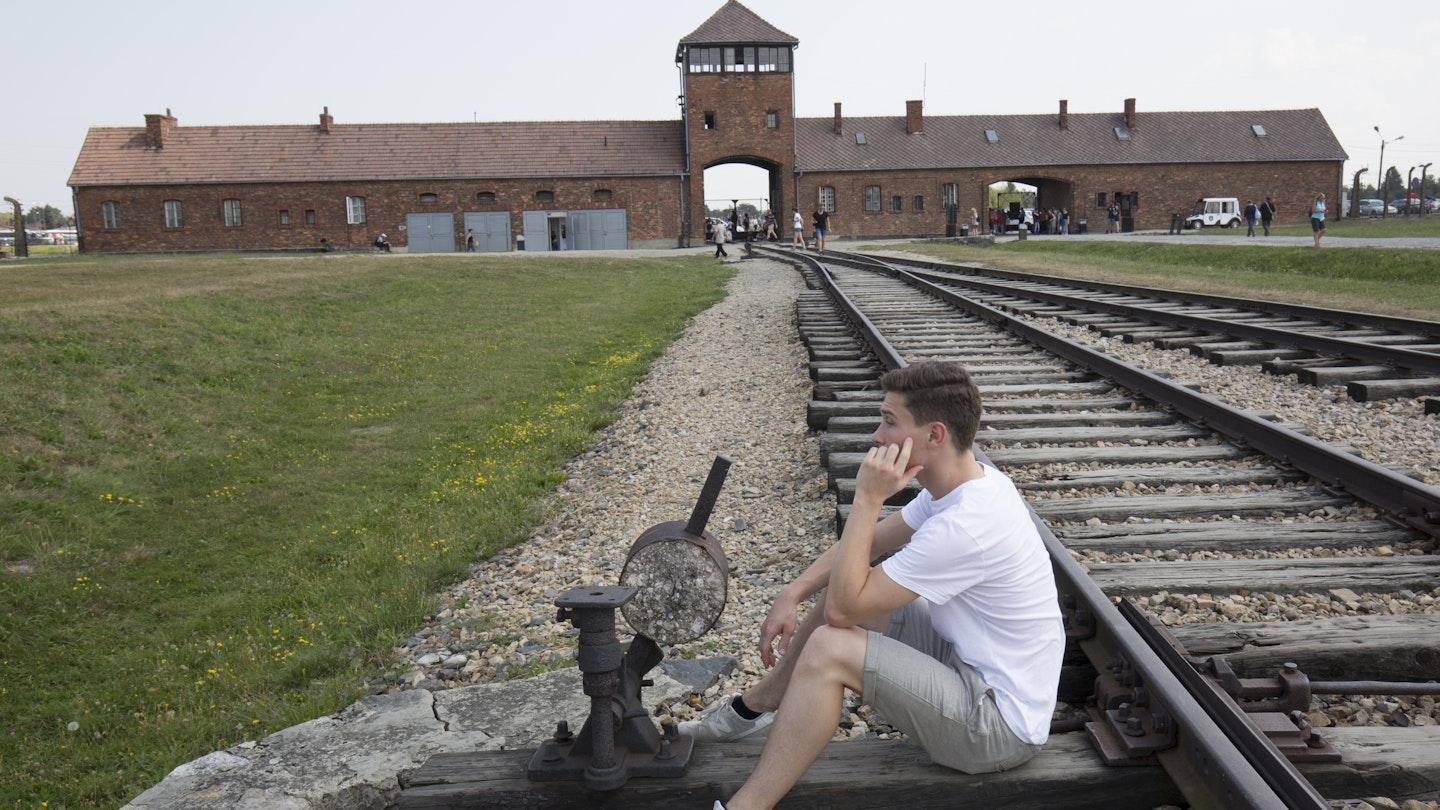Understanding the Significance of Visiting Auschwitz-Birkenau
This week saw Holocaust Memorial services taking place around the world, as we marked the 77th anniversary of the liberation of Auschwitz Birkenau concentration camp by Soviet troops.
Since 1945, the former concentration camp has become a highly-visited historical site, attracting millions each year. Many visitors are teenagers eager to learn history; however, the question arises, is there a ‘right’ age to visit? Official guidelines from memorial staff suggest that those under 14 may find it overwhelming. This recommendation, though, is not a strict rule.
The Impact of Understanding History
The remarkable plasticity of the teenage brain means that exposure to significant historical experiences can profoundly shape their understanding of the world. By visiting a place like Auschwitz-Birkenau, there is great hope that young individuals will develop a lasting understanding of the horrors humanity is capable of, fostering vigilance against tyranny and injustice.
This notion is widely recognized, with many secondary schools organizing educational trips. In the UK, the Department for Education has funded a program since 1999 where thousands of students participate in the Holocaust Educational Trust’s Lessons from Auschwitz Project. This initiative is grounded in the understanding that ‘hearing is not like seeing,’ and it seeks to enhance knowledge and comprehension of the Holocaust among youth.
What to Expect on a Visit to Auschwitz-Birkenau
For many young visitors, the experience is enlightening. “I wasn’t scared to go; I was interested,” shares 18-year-old Harry O’Donoghue, who visited Auschwitz-Birkenau with family when he was 16. “We had studied the period at school, and I had an idea of what to expect.”
Of the two camps, Birkenau left Harry with a lasting impression. “The huge, grey buildings, the iron fences, the guard towers,” he recalls. The contrast of what he imagined with the reality of the site was striking. “In essence, it is a vast field, with wooden shacks and barbed wire. Trying to imagine 750,000 people here was difficult.” It was the artifacts, such as rooms filled with personal belongings, that brought the site’s history powerfully into focus.

He found the suitcases and luggage the most distressing. These artifacts often bear labels, revealing the names and ages of their owners, which adds a deeply personal context to the overwhelming history. The image of a child’s neatly folded pyjamas and teddy bear from a five-year-old serves as a haunting reminder of the lives affected by this dark chapter.
The Emotional Impact of the Visit
Understanding the Holocaust can indeed evoke intense emotions. It is essential for young visitors to be prepared for the experience, as some may feel a range of overwhelming emotions in the face of such profound tragedy. However, the discussions that follow the visit often help in processing these feelings, which can turn into a driving force for compassion and understanding.

Moreover, the respect shown during the visit is crucial. Disrespectful behavior, such as loud talking or taking selfies, undermines the solemnity of the site. Emily’s experience highlights the importance of both preparation and maintaining proper decorum throughout the visit.
Reflecting on the Experience
For many young people, the impact of visiting Auschwitz-Birkenau stays with them long after the visit. “I’m glad I went,” Emily concludes, reflecting on how the experience changed her perspective on humanity and the capacity for cruelty. “It was an eye-opener. It has changed the way I think – knowing that people can think like that.”
Harry echoes this sentiment: “It made me feel very sad – the coldness of it. Those places could have been built by robots. There was no human feeling in their design. But it was important to see that.”
In conclusion, visiting Auschwitz-Birkenau serves as both a powerful educational experience and a crucial moment for reflection on human rights and dignity. Active engagement with this history is essential for fostering compassion, understanding, and responsible citizenship among future generations.






